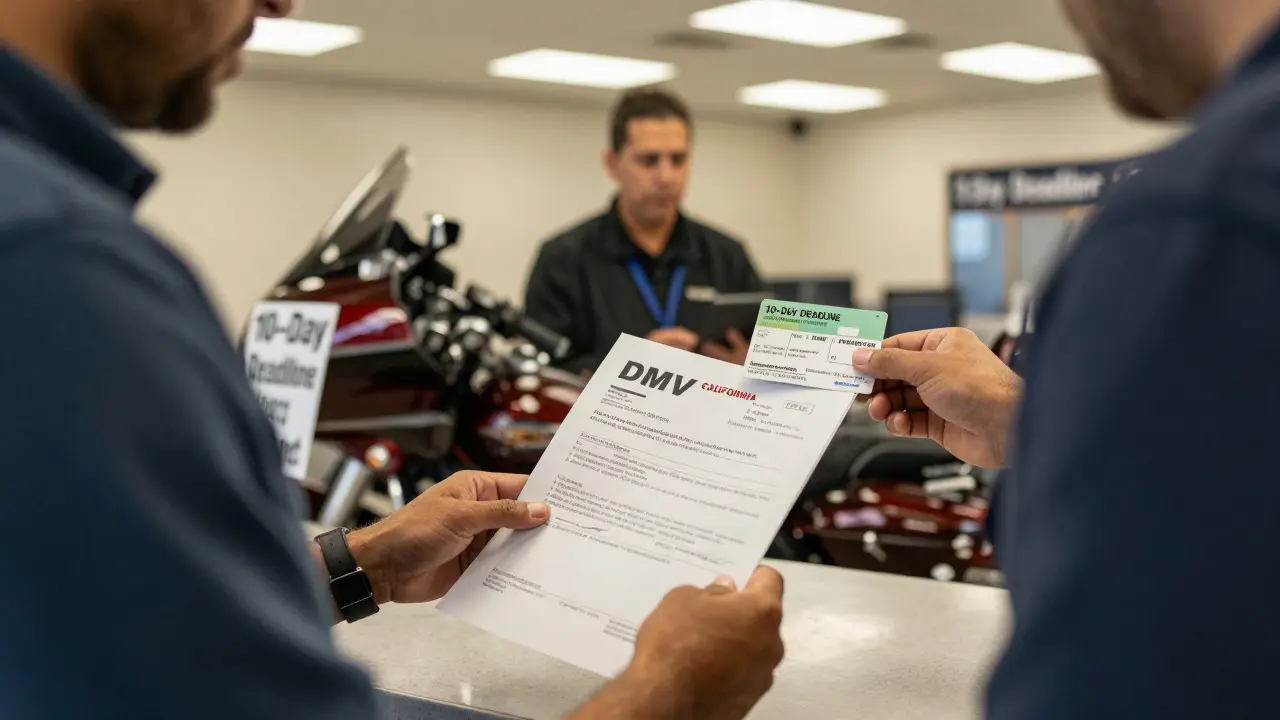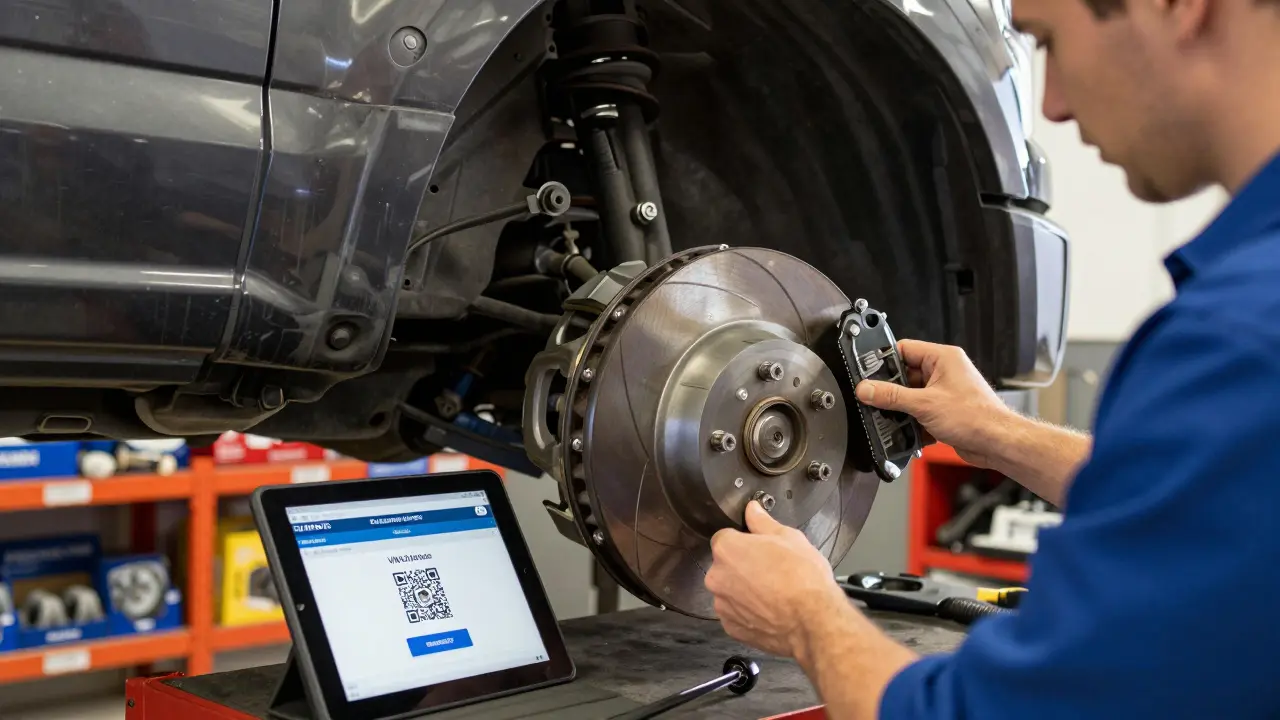Car Loan Pros and Cons: What You Really Need to Know Before You Sign
When you think about buying a car, car loan, a financial agreement where you borrow money to buy a vehicle and repay it with interest over time. Also known as auto loan, it’s how most people get behind the wheel today. But a car loan isn’t just a ticket to a new ride—it’s a long-term commitment that can save you money or cost you way more than you planned. The real question isn’t whether you can get approved, but whether the deal you’re being offered actually works for your life.
One big pro of a car loan is that it lets you drive a newer, safer vehicle without paying full price upfront. Instead of saving for years, you can get a car with advanced safety features, better fuel economy, and a warranty—all while keeping cash in the bank for emergencies. But here’s the catch: most people don’t realize how much interest, the cost of borrowing money, calculated as a percentage of the loan amount adds up. A 72-month loan might sound manageable, but if your credit score is average, you could end up paying over $5,000 extra in interest alone. And if you roll over negative equity from an old car? You’re just digging a deeper hole.
Then there’s the down payment, the upfront cash you pay when financing a car to reduce the loan amount. Skipping it might feel easier now, but putting down at least 10–20% cuts your monthly payments, reduces your total interest, and helps you avoid being upside-down on the loan. And don’t forget your credit score, a three-digit number that lenders use to judge how risky you are to lend money to. A score under 600 can mean double the interest rate of someone with 750+. That’s not a small difference—it’s thousands of dollars over five years.
Some people think a longer loan term means they can afford more car. That’s a trap. Lower monthly payments sound great until you realize you’re paying for a car that’s already falling apart by the time you finish paying for it. And insurance? It doesn’t get cheaper just because your loan does. Most lenders require full coverage, which can add $100+ a month to your costs.
On the flip side, a good car loan can actually help your credit—if you pay on time. It adds diversity to your credit mix, which lenders like. But miss a payment, and that same loan can tank your score faster than you think. The best deals go to people who shop around, check their credit first, and know their budget inside and out. Not the ones who just say yes to the first offer at the dealership.
There’s no one-size-fits-all answer. Some people need a loan to get to work. Others are better off waiting and paying cash. What matters is understanding what you’re signing up for—not just the monthly number, but the total cost, the risks, and the hidden traps. Below, you’ll find real advice from people who’ve been there: what worked, what didn’t, and what no one told them until it was too late.





